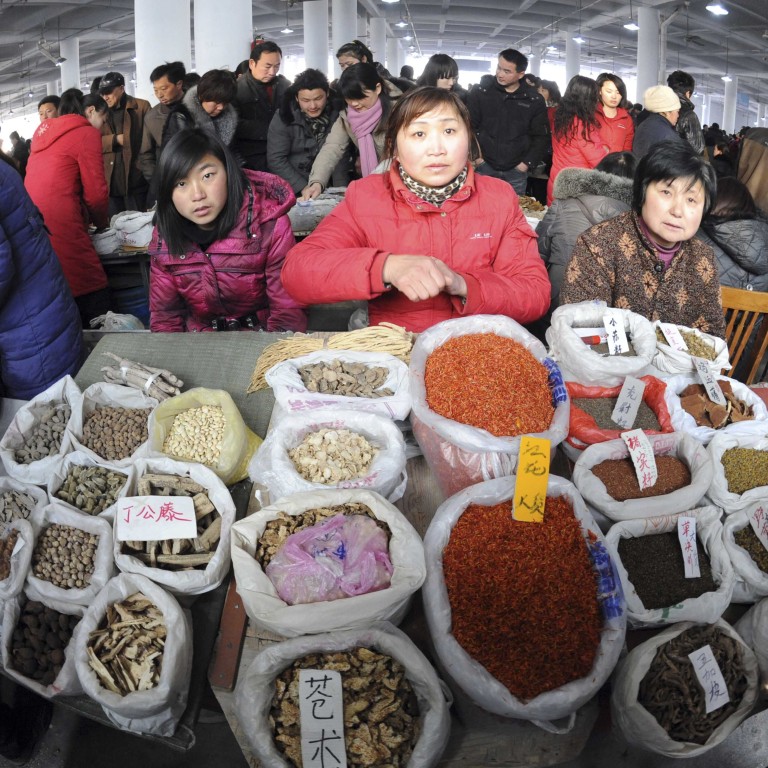
Drug chief reclassified herb to benefit his province, anti-graft official claims
Anti-graft official in Hunan accuses former food and drug regulator of letting medicinal plant be reclassed to benefit home province
An anti-graft official in Hunan has accused the former national head of the food and drug regulator of changing the name of a traditional Chinese medicine plant to benefit herb sellers in his home province.

The administration oversees the Chinese Pharmacopoeia Commission, the body at the centre of the plant reclassification debate. The commission has denied any wrongdoing and insisted the name change was based on research and scientific fact.
Lu said the commission "changed" the pinyin name of which is grown in southern China where it is called , or "gold silver flower" - to , or "mountain silver flower" in its 2005 version of the pharmacopoeia, a multi-volume encyclopedia of Chinese and Western medicine. was a lesser known product for which there was lower demand, Lu said.
Until 1977, only one plant was listed as for medical purposes in the pharmacopoeia. Then three more sources were added in the 1977 version, the commission said in a statement last night. But the 1977 additions were a mistake, it said.
In 2005, the commission singled out the three sources added in 1977 and listed them as based on research and records of medical practice, it said. The one source of the more valuable is now a variety mostly grown in the north, according to Lu.
After the change in 2005, farmers in Hunan, Chongqing, Guizhou and Guangxi who had grown the original in the past had a hard time selling their produce after it was redefined as the less popular , Lu said.
Last year the price of dropped to barely one-tenth of its price in 2010. As a result, the price of the original , the southern product, plunged as well. Dealers in the north took advantage of the discrepancy and bought the herb from southern farmers at very low prices before passing them off as grown in the north, he said.
Lu said Shao stood for the interests of certain companies and ignored the financial interests of southern growers to benefit herb dealers in Shandong , Shao's home province.
Lu did make any specific claims of wrongdoing but said the Central Commission for Discipline Inspection should investigate the matter. Lu posted copies of documents from the Hunan government asking the China Food and Drug Administration to reinstate one subcategory of the plant as in the 2005 edition of the pharmacopoeia.
Other traditional production areas of the plant in Hunan, Chongqing, Guizhou, Sichuan and Guangxi have also appealed to the administration to have the name changed back in the 2015 edition.
Lu is one of only a few officials with the commission to set up a verified Weibo account to make regular postings.

